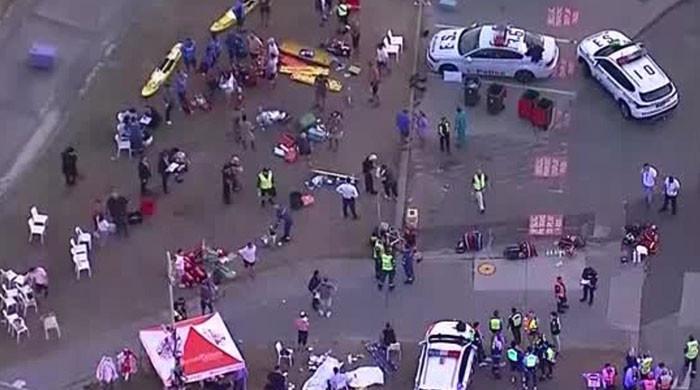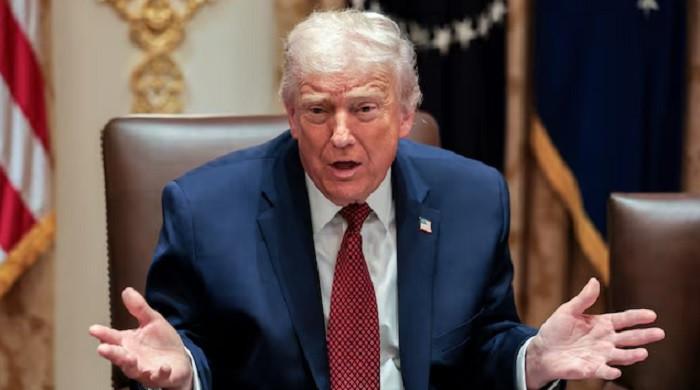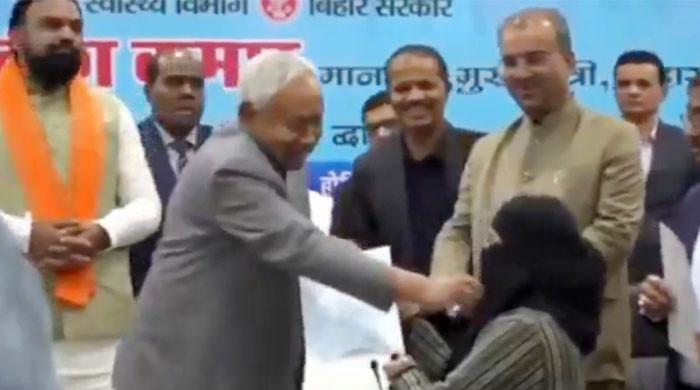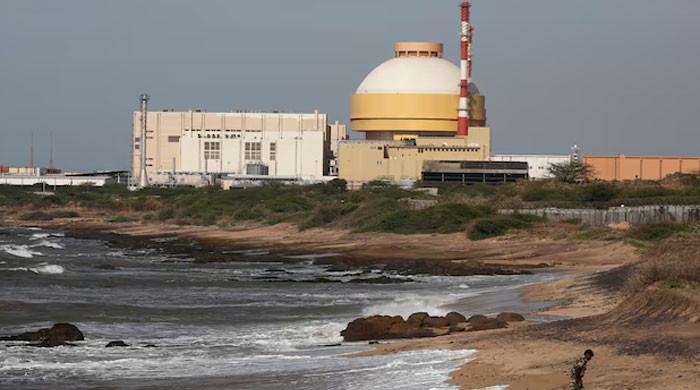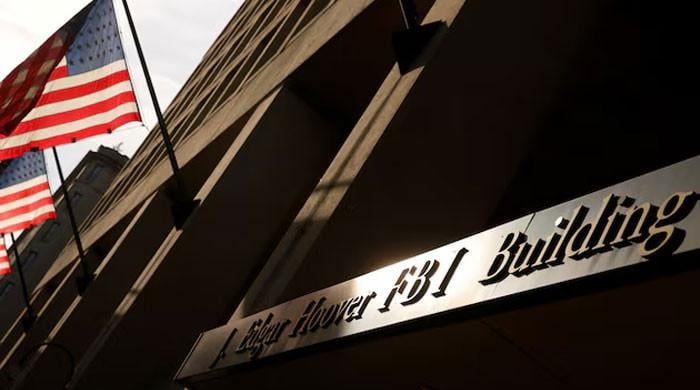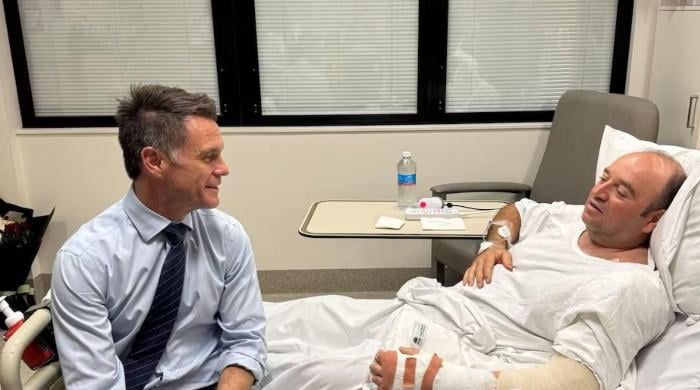Dutch govt collapses over migration row, uncertainty ahead
Upcoming elections in the Netherlands are set to be contentious, with rise of right-wing parties and success of environmentalist party
July 08, 2023
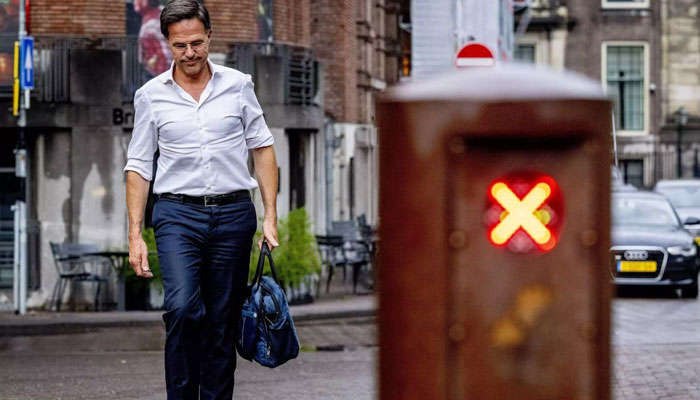
The Dutch government has collapsed as a result of a disagreement among coalition parties over immigration policies, paving the way for new elections in the autumn.
Prime Minister Mark Rutte's conservative VVD party sought to limit the number of asylum seekers entering the country, but this proposal divided the four-party coalition. The crisis reached a tipping point when the small Christian Union and liberal D66 parties refused to support the plan. After failed talks, Rutte is expected to offer his resignation to Dutch King Willem-Alexander.
"It's a sad day... We have talked for a long time, but we have failed to reach an agreement," said Defence Minister Kajsa Ollongren.
Rutte's aim was to tighten restrictions on family reunification for asylum seekers following a scandal involving overcrowded migration centres last year. However, the Christian Union strongly opposed capping the number of relatives of war refugees entering the country at 200 per month. Despite attempts at compromise, the government's collapse became inevitable.
A concerned crowd gathered outside the government buildings in The Hague, expressing worry about the future cabinet and hoping for improvements in asylum policies.
Rutte's previous government faced criticism and resigned in 2021 due to a child benefits scandal, while in 2017, he faced backlash for shifting to the right to prevent the rise of far-right leader Geert Wilders.
The upcoming elections in the Netherlands promise to be contentious, with the rise of right-wing parties and the success of an environmentalist party in recent senate elections.
Rutte, Europe's second-longest-serving leader, is expected to lead his VVD party in the elections. The collapse of the coalition government highlights the deep divisions and challenges surrounding immigration policies in the Netherlands.




